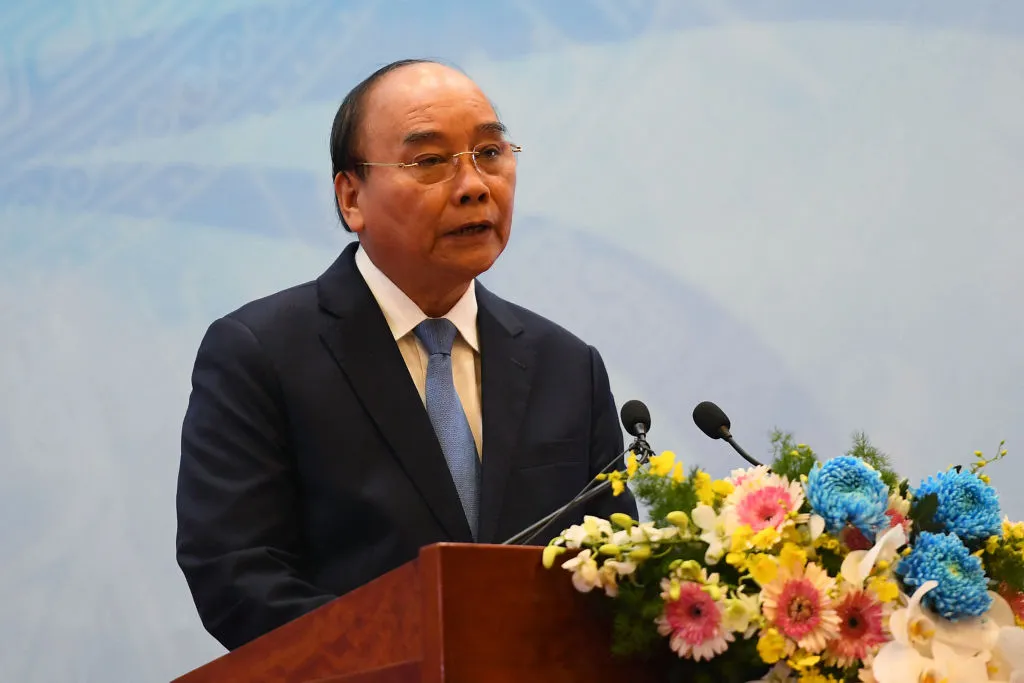State media in Vietnam reported that President Nguyen Xuan Phuc had resigned after weeks of rumours that he was about to be fired as part of a significant anti-corruption campaign that also resulted in the dismissal of several ministers.
The abrupt departure is highly unusual in communist Vietnam, where political changes are normally carefully orchestrated, with a focus on cautious stability. Only one other Communist Party president has ever resigned, and that was due to illness.
“President Nguyen Xuan Phuc’s resignation is unprecedented in the party’s history,” said Nguyen Khac Giang, a research fellow at the Vietnam Centre for Economic and Strategic Studies (VESS).
According to state media, the Communist Party ruled that he was responsible for wrongdoing by senior ministers under him during his tenure as prime minister from 2016 to 2021, before becoming president.
Two deputy prime ministers were fired earlier this month as part of an anti-corruption crackdown that has resulted in the arrest of dozens of officials, with many of the graft allegations relating to deals made as part of Vietnam’s Covid pandemic response.
Phuc “took political responsibility as the leader when several officials, including two deputy prime ministers and three ministers, committed violations and shortcomings, resulting in very serious consequences,” state news agency VNA reported, citing an official statement from the party central committee.
















